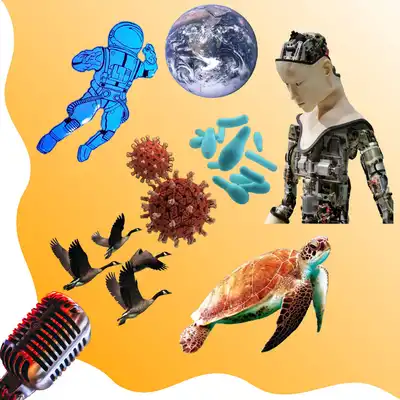
6 Inspiring Science Communicators and How They Have Changed the Way We Look at Science
In our opinion, they were instrumental in normalising the scientific process in pop culture.

In our opinion, they were instrumental in normalising the scientific process in pop culture.

Here, I discuss three interesting strategies proposed by scientists that have the potential to permanently cure type 2 diabetes.
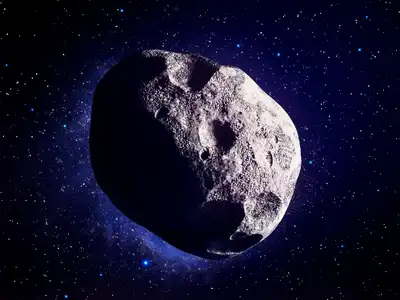
The asteroid, named 2021 PH27 takes just 113 Earth days to complete its orbit around the sun making it the fastest-orbiting asteroid in our solar system.

Dogs have contrasting visual abilities when compared to humans.
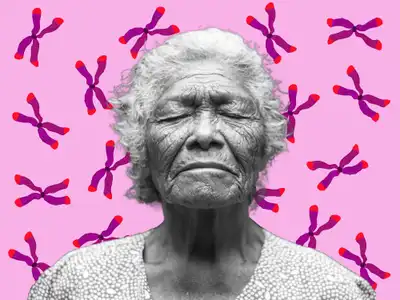
The role of telomerase in telomere maintenance and ageing.

Researchers recruited hundreds of dogs to a 'theory of mind' experiment, and determined that dogs were more likely to use their visual experience over cues from lying humans when looking for treats.

Researchers identified patterns of brain maturation in worms using electron microscopy, providing insights into brain development in humans.
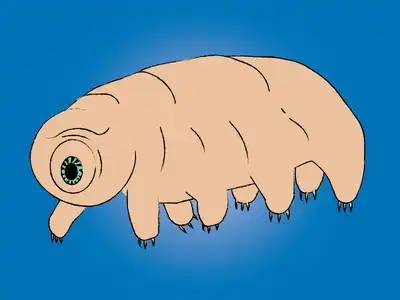
The most resilient animals known to us.
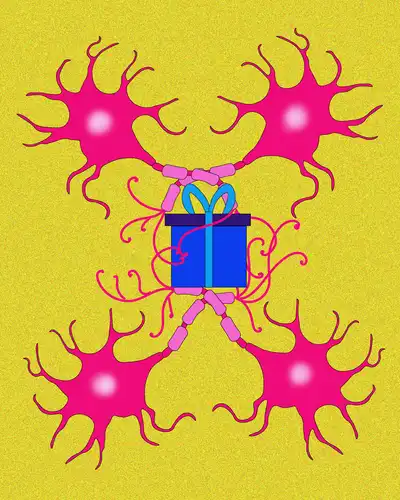
The answer lies in our evolution, neurobiology and psychology.
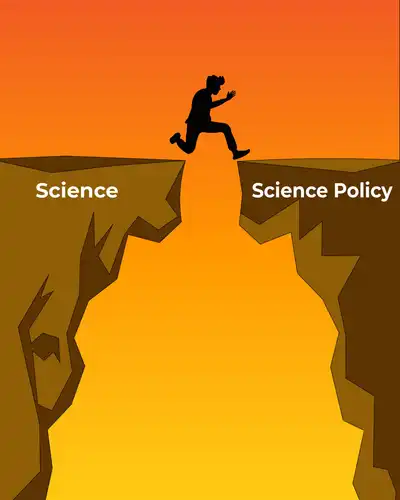
A recent research published in the journal Science, explores how COVID 19 science affected policy making in government agencies, think tanks and IGOs.
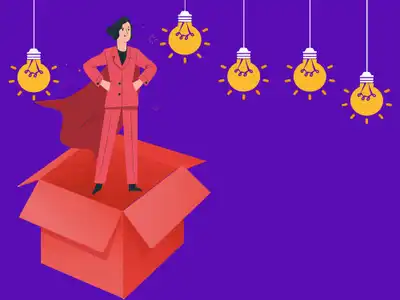
How interest in fields outside your established area of interest, can help in integrative thinking.

Why Christmas trees stay green all year long and its relevance to the Christmas culture.
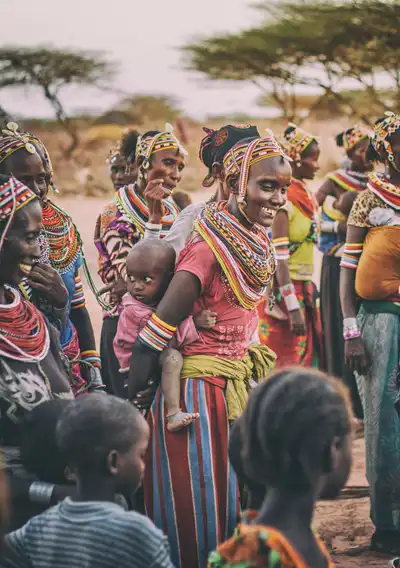
Man the hunter and woman the gatherer? Well maybe not, in the more ancient human societies.
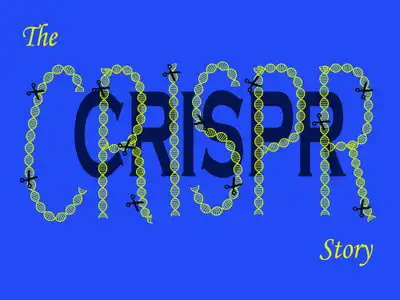
How a serendipitous observation led us to edit the code of life.
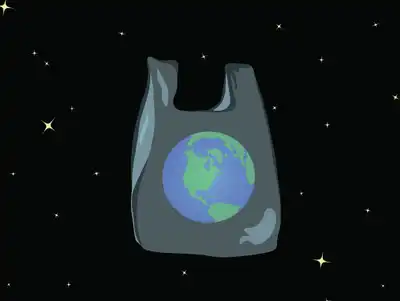
Scientists show how re-engineering enzymes from a plastic eating bacteria, can provide us new avenues in plastic degradation.
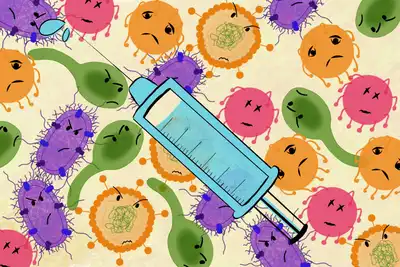
A peep into the different kinds of vaccines and how they work.
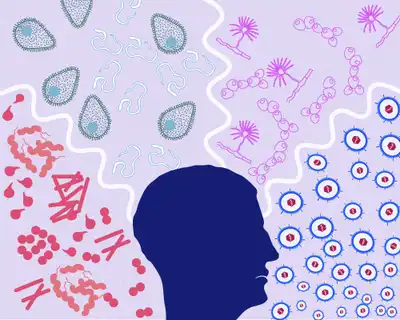
The war rages on – The adaptive immune system.
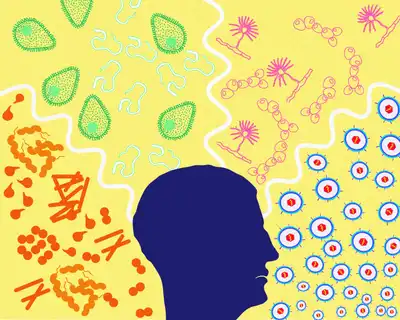
The fascinating story of the warriors in our body - The innate immune system.
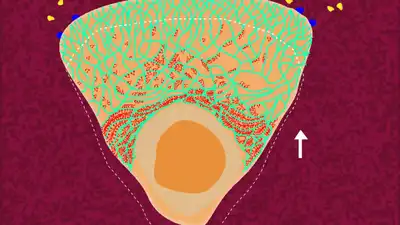
Actin microfilaments in the movements of neutrophils.
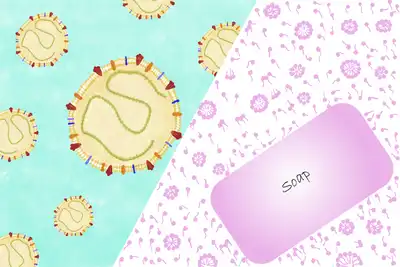
A simple soap bar can instantly crumble the entire framework of the coronavirus particle, rendering it inactive. But how does it do this?
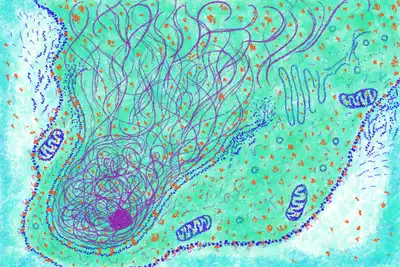
Imagine you pulled out a single cell from your body and burst it open. What do you think would spill out of it?
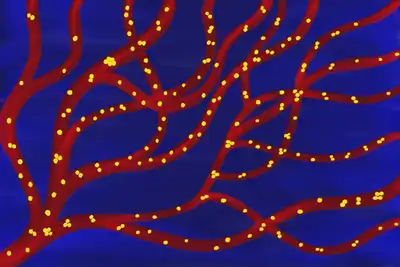
The long tiring journey of a cancer cell from its site of origin to a distant metastatic organ.

Scientists just discovered that there has been about 25 to 40% under-estimation of human contribution to methane in our atmosphere.
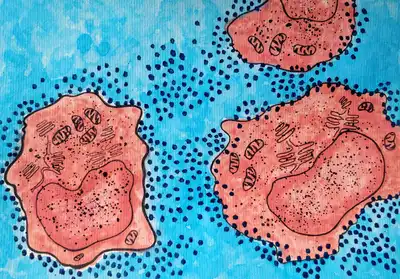
How viruses can take over your cells and dictate them to do their bidding!